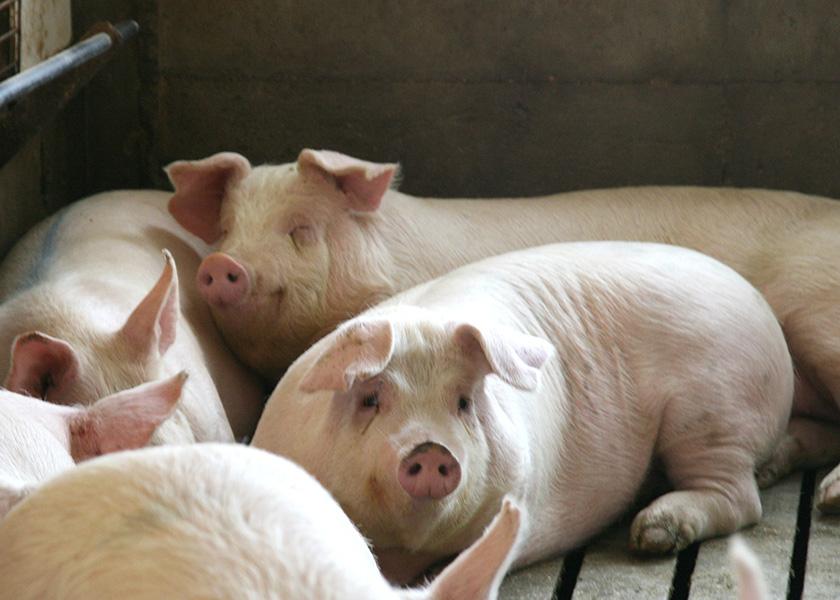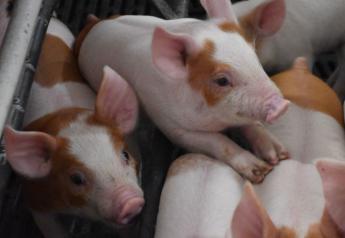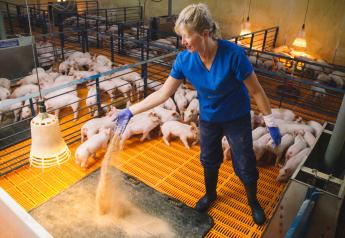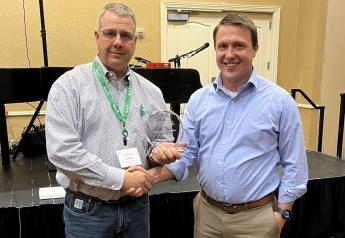Why Prop 12 Would Be Detrimental to Hog Farmers and Consumers

By Michael Formica, NPPC Assistant Vice President and General Counsel
California’s Proposition 12, set to be implemented on Jan. 1, 2022, will have wide-reaching implications, imposing arbitrary animal housing standards that reach far outside the state’s borders to farms across the country, while driving up costs for both pork producers and consumers. It’s a clear regulatory overreach and a violation of the Commerce Clause of the U.S. Constitution.
For these reasons, the National Pork Producers Council (NPPC) and the American Farm Bureau Federation (AFBF) are suing the state of California. In recent oral arguments before the U.S. Court of Appeals for the Ninth Circuit, NPPC and AFBF asked the court to strike down California’s Proposition 12 as unconstitutional.
Proposition 12 bans the sale of pork that does not meet the state’s arbitrary standards. Specifically, it bans the sale of pork from the offspring of sows kept in individual stalls that do not meet its prescribed dimensions. The typical sow farm today provides a safe and comfortable 16-18 square feet per sow. Beginning Jan. 1, 2022, California requires all sows to have 24 feet of space. Importantly, Proposition 12 prohibits the use of individual breeding pens, which allow sows to recover after delivering and nursing piglets. California’s production standards were developed without the input of hog farmers, veterinarians and others with expertise in animal care, food safety and other elements of pork production.
Proposition 12 applies to any uncooked pork sold in California, whether raised there or outside the state’s borders. A state that lacks any meaningful hog production is seeking to regulate how farmers across the country operate, imposing onerous regulations, inspection and permitting requirements, and highly prescriptive measures on pork producers.
California, with nearly 40 million residents, represents approximately 15% of the U.S. pork market. The state has a majority Latino/Asian population, both of which have long-standing cultural preferences for pork. Proposition 12 will dramatically reduce the supply of pork for Californians, driving up prices for consumers and disproportionately affecting low-income households.
Meantime, compliance with Proposition 12 will cost each hog farmer millions of dollars. The ones least able to bear that cost will be small family farms. Loss of this market will put many hog farmers out of business, ultimately leading to further industry consolidation.
As Rabobank analyst Christine McCracken explained in a recently issued report, with only months left to make the necessary production changes and less than 4 percent of the U.S. sow herd currently adhering to Proposition 12 regulations, compliant pork supplies will fall short of market needs.
Compounding the expected market upheaval is this: regulations on how Proposition 12 will be implemented have yet to be published by California, even though the state was legally required to do so by Sept. 1, 2019. While pursing litigation, NPPC has also been engaging the state to better educate them about pork production and hopefully help shape common-sense regulations. Even if the state finalizes regulations, it’s unclear how many producers will be able to make the significant investments needed to comply with Proposition 12.
The U.S. Court of Appeals for the Ninth Circuit is likely to rule on the Proposition 12 case by mid-summer. NPPC awaits the court’s opinion and remains hopeful that the judges agree that Proposition 12 violates the constitution.
Watch Farm Journal’s PORK’s webinar, “Proposition 12: Where Do We Go From Here?”







